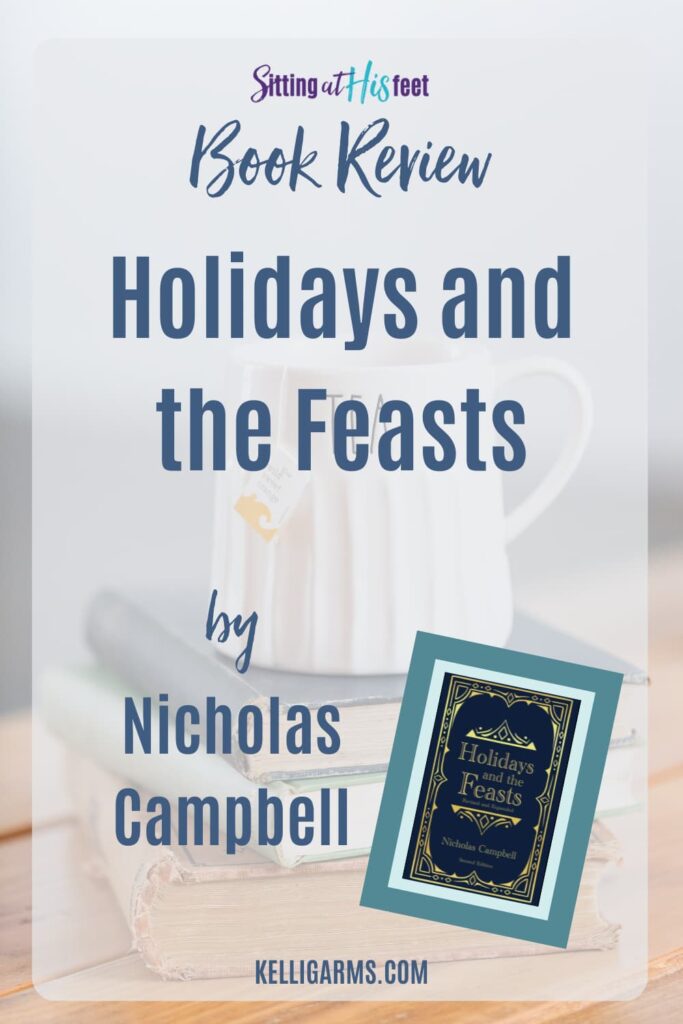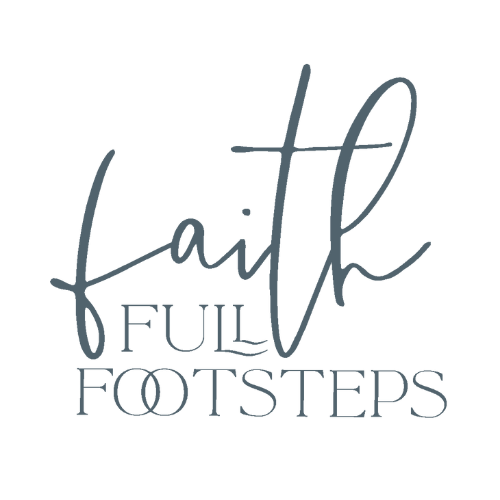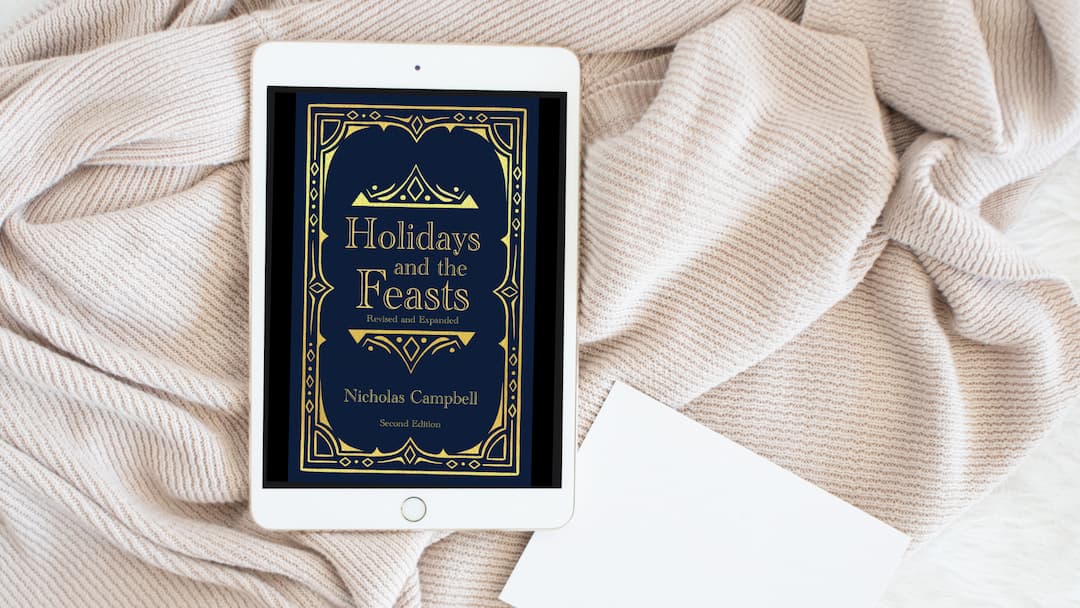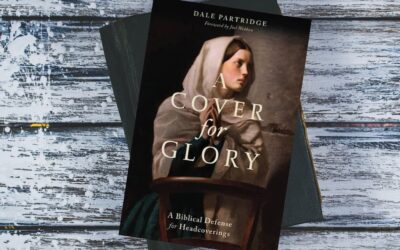Should Christians participate in the Old Testament Jewish feasts? Is Christmas really a pagan holiday? Does the word Easter refer to a fertility goddess who is depicted with bunnies and eggs? In his book, Holidays and the Feasts, Nicholas Campbell does a deep dive into the origins of the Old Testament feasts and our modern holidays of Christmas and Easter to find the truth.
The book is based on a series of podcast episodes Campbell published at christisthecure.org. He has adapted those episodes for the book and included an additional section regarding Christians and the celebration of the Christmas holiday.
I will admit I started this book in the middle. With it being so close to the Christmas holidays, there are all kinds of claims floating around on social media, so reading the sections on Christmas was at the top of my list. One claim that made its way into my direct messages was that Christmas was originally a pagan holiday. In truth, while I had heard this before, I never really took the time to research it because, honestly, it just did not seem like a legitimate claim. But I had previously purchased and perused Campbell’s book, so I decided to take a more careful approach.

In the book, Campbell explains each of the pagan celebrations that have been cited as the origins of the Christian Christmas. He dives in to the origins of each one and why the claims have been made. He also dives in to the origins of the Christmas celebration, originally dubbed the Festival of the Nativity, demonstrating how church leaders landed on the date of December 25th, detailing the origins of Santa Claus, and even discussing peripheral icons like the Christmas tree and stockings.
Ultimately, Campbell concludes, “The threat to Christmas is not paganism, but secularism” (63). Celebrating Christmas is a matter of Christian liberty. However, “If we are going to celebrate Christmas and say that it isn’t secular, then we need to actually celebrate it as it was intended.” This means we should be doing our due diligence to make sure we are putting the emphasis of the holiday where it truly belongs.
In part 3 of the book, Campbell addresses the concern by some Christians that we should not celebrate Christmas because it was not celebrated in Scripture. He unwraps the importance of the incarnation, the purpose of celebrations, and the evidence in church history. We can stand on the shoulders of those who have gone before us into this debate about the holidays, but we have to be willing to take the time to look at the facts instead of accepting at face value what an influencer says on social media.
Once I finished the sections on Christmas, I went back to the beginning of the book and read all about the Old Testament feasts. There seems to be a current movement encouraging Christians to get back to their roots by observing these feasts. The feasts were established for the people of Israel to remember specific events in their history. Many of the feasts explained in the Torah (the first five books of the Bible) appear throughout the rest of the Old Testament. The Israelites frequently abandoned feasts only to rediscover them and celebrate them anew. Some of the feasts from the Old Testament appear in the New Testament, too. Probably the most notable of these is the Passover, the reason Christ was in Jerusalem at the time of His crucifixion.
What is most important about the feasts is they were intended to not only look at the past and remember how God had blessed His people, but also to look to the future to the promised Messiah who would fulfill the law and provide ultimate salvation. Campbell details different verses in the New Testament that point to Jesus as the culmination of the feasts. Because we have the privilege of a personal relationship with Jesus, celebrating the feasts can be a great way to rehearse Old Testament knowledge, but it should not be a source of division among Christians.
Finally, Campbell addresses some controversies about Easter, most of which center around the origins of the word Easter. As with Christmas, many of the claims about Easter are either provably incorrect, or there is no evidence to support the claim. Campbell takes each claim individually and walks the reader through his research. Not only does he research the claims against Easter, but also he dives into the origins of our Christian celebration. And he addresses the themes of Spring and bunnies floating around the holiday.
As with Christmas, the threat to Easter is more secularism than paganism. Campbell encourages us here when he says, “The world will act as we would expect, and will try to secularize anything. Additionally, the church will sometimes adopt the culture to appeal to the culture. However, regardless of how the secular world attempts to secularize the holiday, everyone is still talking about Jesus whether negatively or positively. Even when critiquing Easter and trying to change its purpose and meaning, individuals are still speaking of Jesus” (101).
Campbell states his conclusion at the beginning of the book, not by detailing his findings but by encouraging us not to be legalistic with our convictions. He admonishes us that the New Testament church was dealing with similar issues when it came to Christian liberty. And he encourages us that, “May we never become legalistic by enforcing our conscience onto others in regards to these issues” (20).
Holidays and the Feasts is a short read, but it is rich in information. I encourage you not to let this review be your source, but to read the book for yourself. No doubt you will encounter many of the controversies presented this Christmas season, and it will be a great resource for you to know how to respond when those conversations present themselves.






0 Comments